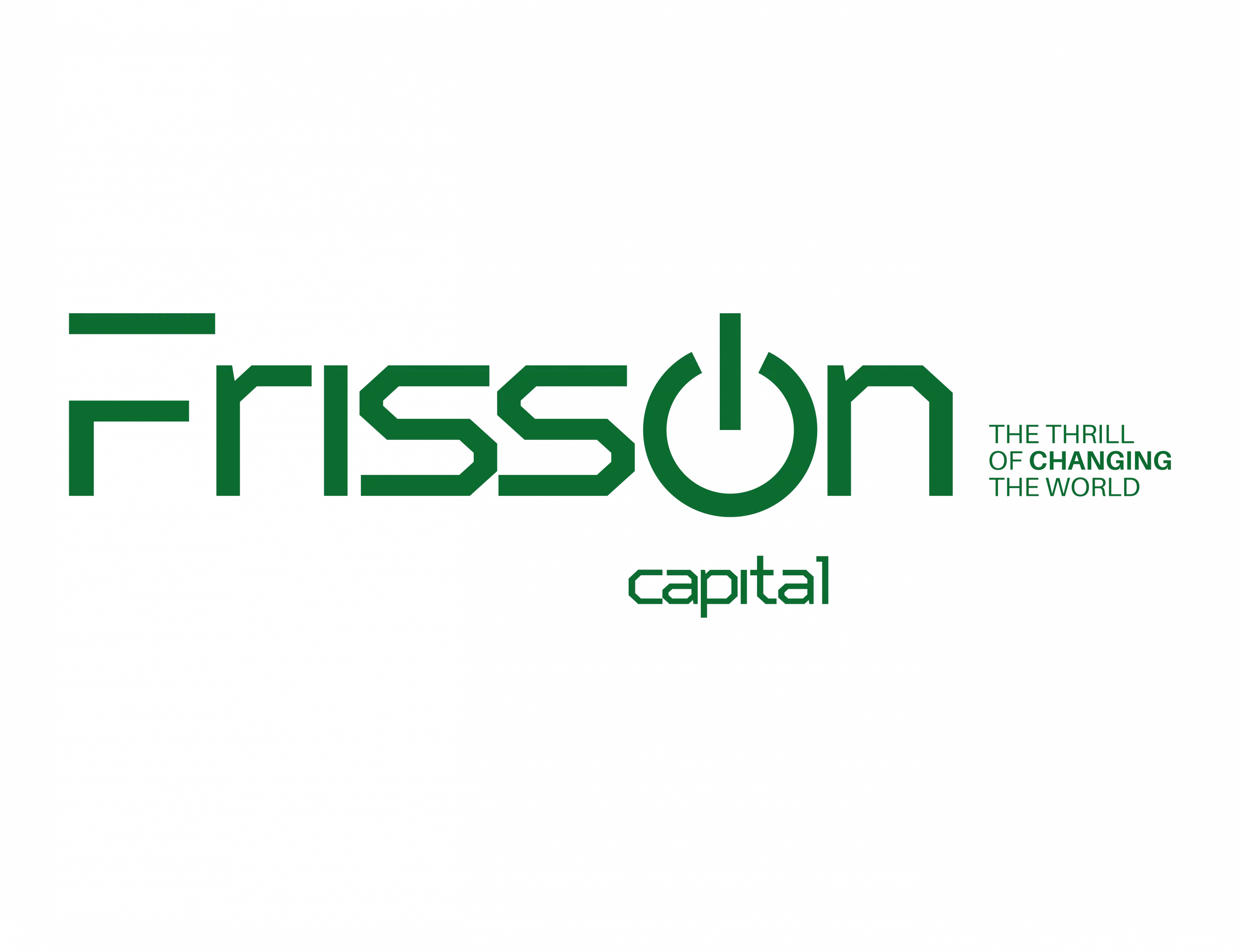Mariana Mazzucato believes governments should adopt a “mission-driven approach” like the Apollo Project, with ambitious leadership and collaboration, to tackle challenges like climate change, making capitalism more inclusive and innovation-focused in the knowledge economy era.
Nearly six decades ago, then-President Kennedy delivered the famous “moon shot” speech that led to the Apollo Project that took the first man to the earth’s natural satellite. The basis of the address was: “We decided to go to the moon not because it was easy, but because it was hard,” words still associated with outstanding achievements.
To this day, there is no shortage of people who continue to ask themselves: if individuals were able to reach the moon, why have they not been able to solve major challenges such as climate change, poverty, or ridding the oceans of plastics?
Mariana Mazzucato, professor in Economics of Innovation and Public Value and founder of the Institute for Innovation and Public Purpose at University College London (UCL) believes this is because governments have not adopted a “mission-driven approach” as in the Apollo project. The Apollo mission had ambitious leadership, clearly defined goals, and the interaction of the public sector with private initiative, taking care that there were no excessive profits, but incentives for innovation, Mazzucato said in an interview.
According to her, today’s challenges facing humanity are more difficult than going to the Moon, such as the 17 UN Sustainable Development Goals. However, “if governments would apply the Apollo approach, mission-oriented, they could solve them.” One of the first things that should be considered is to make economies work for society, not society work for the economy; no single government can tackle any mission: “All sectors need to be involved and pay close attention to procurement contacts,” says Mazzucato.
From Project Apollo to the present era, the rapid expansion of knowledge and the increasing reliance on computerization, big data analytics, and automation are shifting the economy of the developed world toward one that relies more on intellectual capital and skills, and less on the production process. This is known as the Knowledge Economy, focusing on the essential importance of human capital in the 21st-century economy.
The term “knowledge economy” was popularized by the famous business management consultant, Peter Drucker, ahead of his time, for its emphasis on knowledge/skills, data analysis and measurable performance, and strategic management by objectives (MBO).
The knowledge economy is characterized by the presence of a higher percentage of highly skilled employees whose jobs require special knowledge or skills. Unlike in the past, the modern economy is composed of service industries and jobs, which require thinking and analyzing data. This economy supports and thrives on innovation, research, and rapid technological advances, and is considered the main driver of the massive expansion of what is known as STEM jobs (short for science, technology, engineering, and mathematics), which is why the overwhelming majority of workers in the knowledge economy are extremely computer literate and skilled in creating business and financial models.
Another characteristic of the knowledge economy is the development of “clusters” of industries that are centered in a particular geographic area. Some examples are the concentration of automotive engineering companies in Germany, information technology in “Silicon Valley” in the United States, and the electronics industry in South Korea.
For Mazzucato, governments could restructure capitalism to make it inclusive, sustainable, and innovation-driven. From that point of view, governments could coordinate the public and private sectors on a large scale to work on important problems such as inequality.
However, conventional wisdom continues to portray governments as crude bureaucratic machines incapable of innovating or, at best, regulating or correcting markets when they feel they are not doing well. At the same time, private sector companies are seen as risk-taking entrepreneurs responsible for creating wealth and value in society.
However, I think that political intervention in innovation would skew the intent toward ambition and generate an absence of honest feedback, the suppression of skeptical commentary, and the marginalization of skeptical commentators.
In short, knowledge provides the basis for technical expertise, data collection and analysis skills, and innovative management practices that enable companies and businesses to compete in the modern, global economy. Specialized knowledge and skills can serve as productive assets for a company to employ or as products for a company to market and sell.
When historians of technology review the last 50 years, they will conclude that Neil Armstrong exaggerated when he announced “a great leap for mankind.” The “new frontier” of the late 1960s turned out to be not space but information technology. And IT development was characterized by a striking absence of centralized vision and direction.
#MissionDrivenApproach #InnovationForChange #KnowledgeEconomy #SolvingChallenges #ApolloProjectInspiration #ReshapingCapitalism #SustainableProgress








